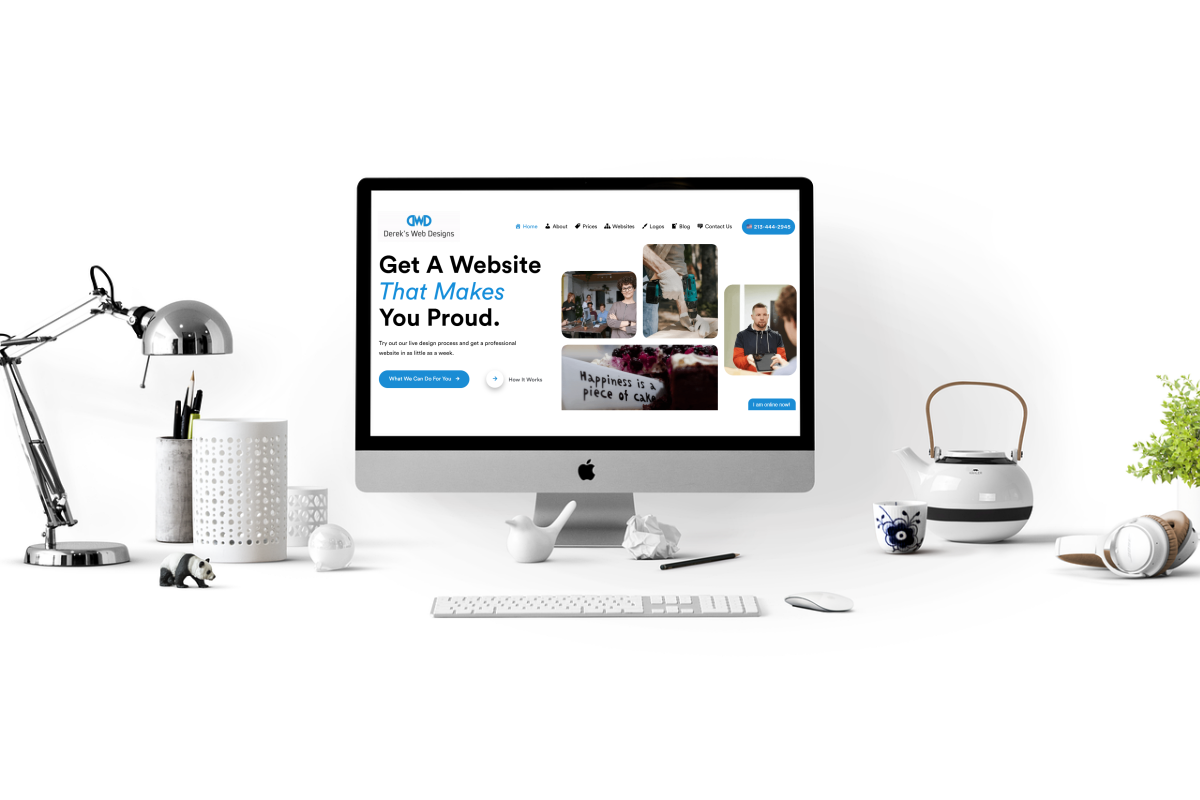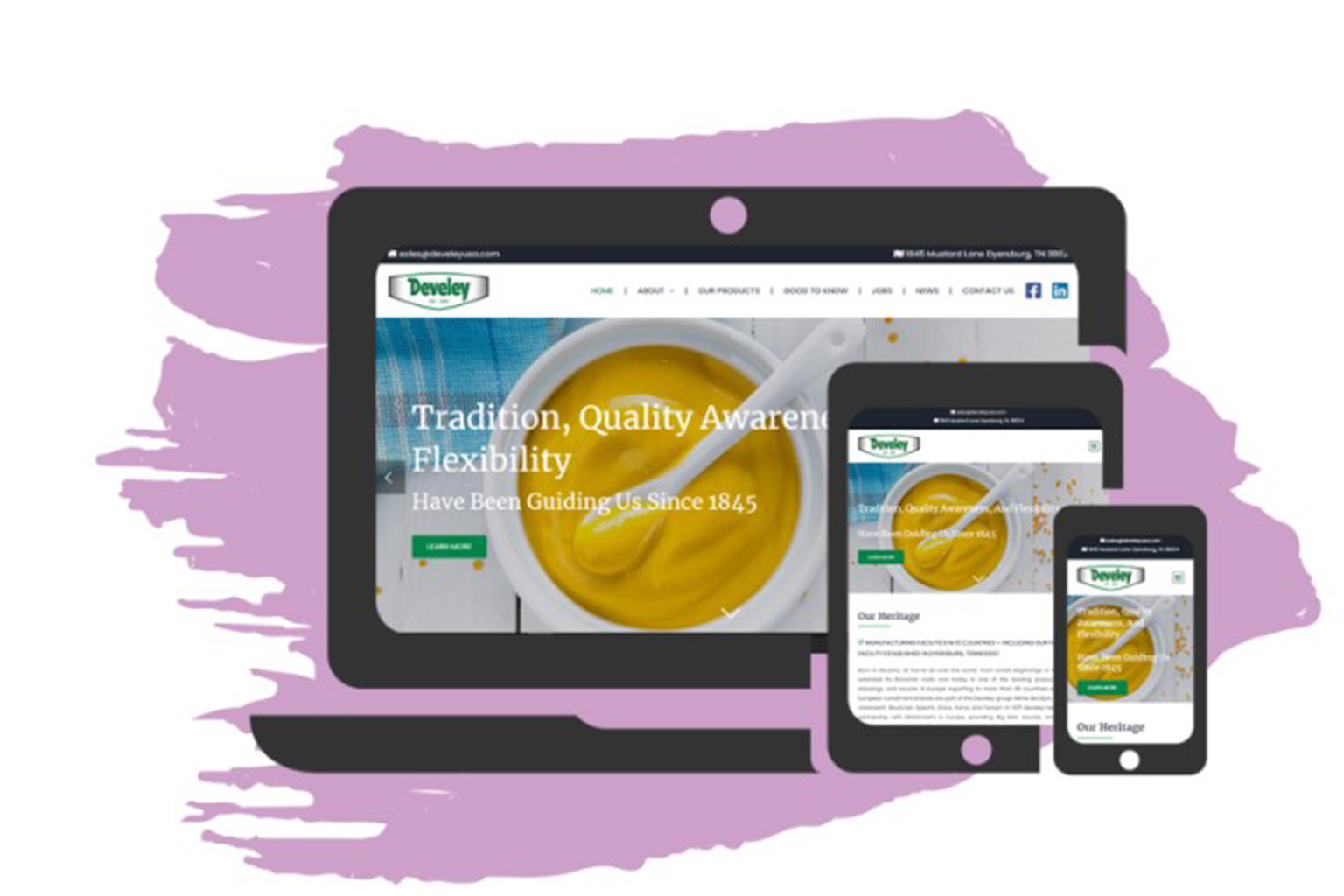Having an online presence is crucial for any small business. Many business owners rely solely on social media platforms like Facebook, Instagram, or TikTok to promote their products or services. While social media is an effective marketing tool, it should never replace a dedicated business website. A professional website serves as the foundation of your online presence, offering credibility, control, and long-term growth potential. Here’s why every small business needs a website—even if you’re active on social media.
Credibility and Professionalism
A website gives your business legitimacy. While social media profiles are important, they don’t provide the same level of professionalism as a well-designed website. When customers search for a business online, they expect to find a dedicated website. Without one, potential customers may question the legitimacy of your business or choose a competitor who has a more professional presence.
Full Control Over Your Brand
When you rely only on social media, you’re at the mercy of the platform’s rules and algorithms. If Facebook or Instagram changes how content is displayed—or worse, suspends your account—you could lose access to your audience overnight. With a website, you have full control over your content, branding, and customer experience.
Better Search Engine Visibility (SEO Benefits)
A website allows your business to be discovered on Google and other search engines. Unlike social media, where content has a short lifespan, a well-optimized website with blog posts, service pages, and customer testimonials can continuously drive organic traffic to your business. Without a website, you miss out on the opportunity to rank in local searches and attract potential customers who are actively looking for your services.
Increased Trust and Authority
Customers trust businesses that have an established online presence. A website allows you to showcase your expertise, provide detailed information about your services, and display customer reviews or testimonials. Unlike social media, where posts get buried over time, a website keeps key information easily accessible to potential customers.
More Marketing Opportunities
A website opens the door to various digital marketing strategies such as email marketing, content marketing, and pay-per-click (PPC) advertising. Social media platforms have limited marketing capabilities, whereas a website allows you to build an email list, run promotions, and create landing pages that convert visitors into customers.
E-Commerce and Online Sales
If you sell products, a website allows you to set up an online store with full control over pricing, inventory, and payment options. While social media may allow selling through platforms like Facebook Marketplace, it lacks the customization and security of a dedicated e-commerce website.
24/7 Accessibility
Unlike social media, where posts disappear from visibility over time, a website is always available. Customers can visit your site at any time to learn about your business, book appointments, or make purchases. A well-designed website works for you around the clock, even when you’re not actively engaging with customers.
Scalability and Long-Term Growth
A website grows with your business. Whether you want to add new services, expand your product line, or integrate customer support features, your website provides unlimited flexibility. Social media platforms, on the other hand, restrict customization and scalability.
Social media is a great tool for engagement and outreach; however, it cannot replace the value of a well-designed business website. A website provides credibility, control, visibility, and long-term growth potential—all things that social media alone cannot guarantee. Investing in a professional website ensures that your business remains competitive, visible, and accessible to customers at all times. If you haven’t built a website yet, now is the time to start!




